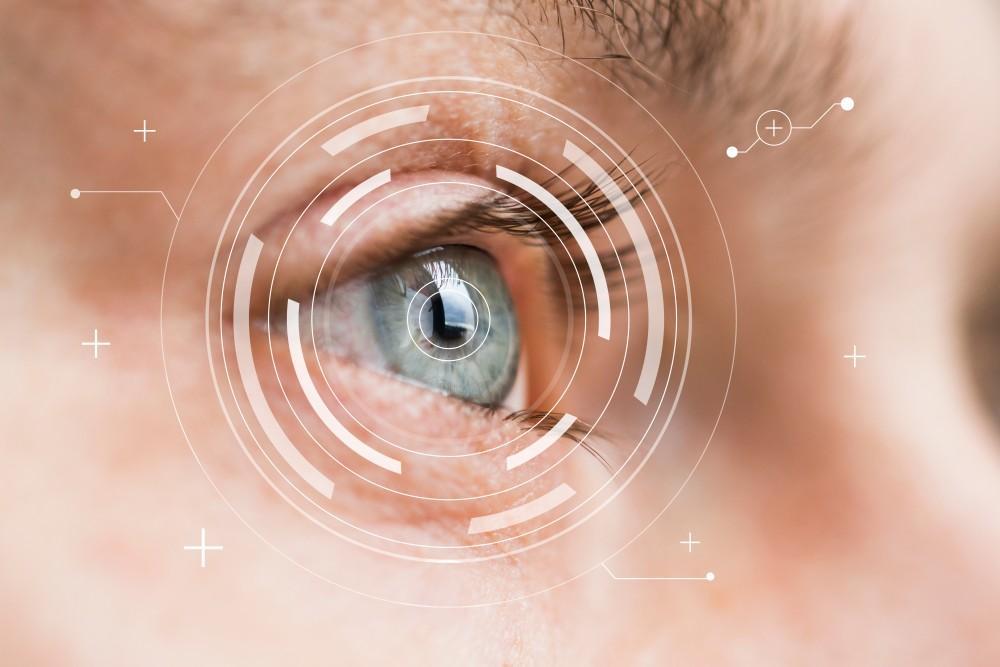
Why Autoimmune Conditions May Make You Ineligible for LASIK

Are you interested in LASIK surgery to have clear vision again without glasses or contacts? Historically, patients with autoimmune disorders haven’t been suitable candidates for laser-assisted in situ keratomileusis. Until the recent past, LASIK was contraindicated for patients with an autoimmune disease.
Advancements in LASIK technology, however, have made it possible for some people with such disorders to undergo the procedure and achieve good results. Also, new medications to help control disease, among other factors, have changed the equation if you have an autoimmune disorder and want LASIK surgery.
Dr. Stephen Khachikian, a board-certified ophthalmologist who practices in Rapid City, South Dakota, is a highly experienced LASIK surgeon who stays abreast of the latest research. He may be able to perform LASIK to correct your vision even if you have an autoimmune condition. Here’s what you need to know.
Why autoimmune patients previously have been ineligible for LASIK
In the past, surgeons avoided performing LASIK on people with an autoimmune condition for good reason. In certain cases, such as in some patients with rheumatoid arthritis, those who underwent LASIK experienced corneal melting. This injury to your cornea can cause permanent corneal damage, affecting your vision.
An autoimmune disorder also places you at increased risk of infection, dry eye, and other conditions after having LASIK.
You now may be eligible for LASIK and other eye procedures if you have an autoimmune disorder
However, there’s good news. Doctors today are having good success using LASIK with patients with a well-controlled autoimmune disorder. If you have an autoimmune condition, determining whether you’re a candidate for LASIK also depends on the kind of disease and how it affects your body.
If you have an autoimmune condition and want to undergo LASIK, come in for an examination and consultation. Dr. Khachikian lets you know if you can be cleared for the procedure. He conducts a thorough review of your medical history and your symptoms, past and present, which are important factors in the decision.
Studies show that for patients with an autoimmune condition, corneal melts are more likely to occur in the elderly. If you’re not a senior, your disease is controlled well, and you have a good production of tears, you may be a good candidate for LASIK.
The area of your body that your autoimmune condition affects is also a determining factor. If you have rheumatoid arthritis but it has only affected your joints and it’s under control, you may be a suitable candidate for LASIK. Your risk of complications is only slightly higher than that for patients without an autoimmune disorder.
New drugs have also changed the outlook for autoimmune patients who want LASIK. Immune response modulating medications have transformed the treatment of autoimmune disease in the past two decades to help better control the condition.
A final note
It’s important that you be completely honest about all of your symptoms, past and present. If you’re not a candidate for LASIK, Dr. Khachikian may be able to perform another type of vision correction surgery that yields excellent results.
Call the office of Dr. Stephen Khachikian or book an appointment online today to see if you’re a candidate for LASIK or another eye procedure to help improve your vision.
You Might Also Enjoy...


I’m Not a LASIK Candidate. What About PRK?

Telltale Signs Your Eye Problem Is a Cornea Issue

Why Are Cataracts Common In Seniors?

Can You Prevent Keratoconus From Getting Worse?


